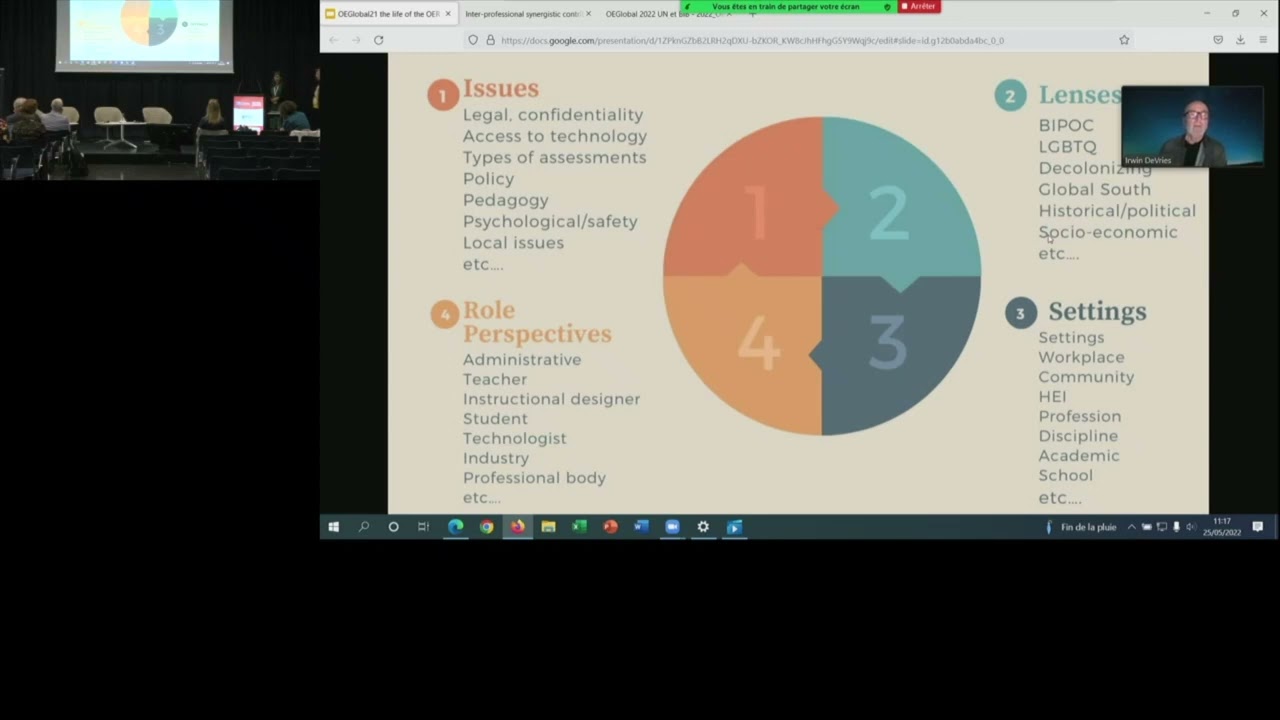Researchers and educators alike have considered the role of OEP more effectively engaging learners in collaborative pedagogies, with a focus on the co-creation of knowledge and critical uses of digital approaches by using a variety of open tools and platforms. At the same time, many of these practices are still tied to existing artefacts and sometimes archaic systems, and even our open textbooks and associated technologies can feel static, closed and sterile. In a series of open and collaborative projects focused on rethinking the lives of OERs, we have been considering how we can better open our spaces to student voices, to encourage more equitable practices, and to expand our own conceptions of the possibilities of what OERs can do. This is not something new or personal to us, as it is recognised, in the latest webinar series run in May 2021 by the OER Dynamic Coalition, that there is a lack of understanding about how we go from theory to practice, that is, how do we use and make OER sustainable and regenerative.
We are curious to know more about how we build an OER landscape (ecosystem) that allows for recontextualizing, reframing, and extending, to promote academic skills but also to include participation as a member of an ongoing critical community of scholars/authors/creators/critics? How can our OERs move beyond their initial conception, to not only be “kept alive” but to continue to thrive and grow, by evolving, improving and being integrated in other communities of users/contributors?
In this session we will explore our current projects where we have been experimenting in innovative ways with the open textbook format and share how our collaboration and discussion has created new connections.
Our main focus will be to engage in an activity and discussion about how we sustain and grow our OERs, considering how a regenerative approach might help build a network of users and authors. We have more questions than answers, but we hope these can be nurtured by the community and will provide a space to delve into ways that others have engaged in embracing OEP to help sustain their own OERs. We want to offer an experimental space to participants where they will trace the life of their OERs, mapping them physically on a Mercator projection to explore at which point they have become sterile, that is they have stopped growing and transforming thus, regenerating. This exercise will allow the audience to discuss in groups what can be potential reasons for this and how we can find ways to morph the existing structure of OERs, in particular, open textbooks, so that we can together create new pathways to more permeable and organic OER ecosystems.
Info
![]() Presented by: Caroline Kuhn, Michelle Harrison
Presented by: Caroline Kuhn, Michelle Harrison
![]() Conference Track: Plenary: OER Sustainability
Conference Track: Plenary: OER Sustainability
![]() Track Date/Time: 2022-05-25T09:00:00Z (your local time)
Track Date/Time: 2022-05-25T09:00:00Z (your local time)
![]() Language: English
Language: English
![]() Pretalx link: https://pretalx.com/oeglobal2022/talk/8R3NR7/
Pretalx link: https://pretalx.com/oeglobal2022/talk/8R3NR7/
Watch Recording
Participate
Authors are asked to reply below with links to presentation materials, videos, and other relevant resources, as well as posting prompts for discussion.
Conference participants can reply below with questions, comments for the presenters or to share related resources. And please add anything relevant from this session as an annotation to a specific part of the UNESCO OER Recommendation.
